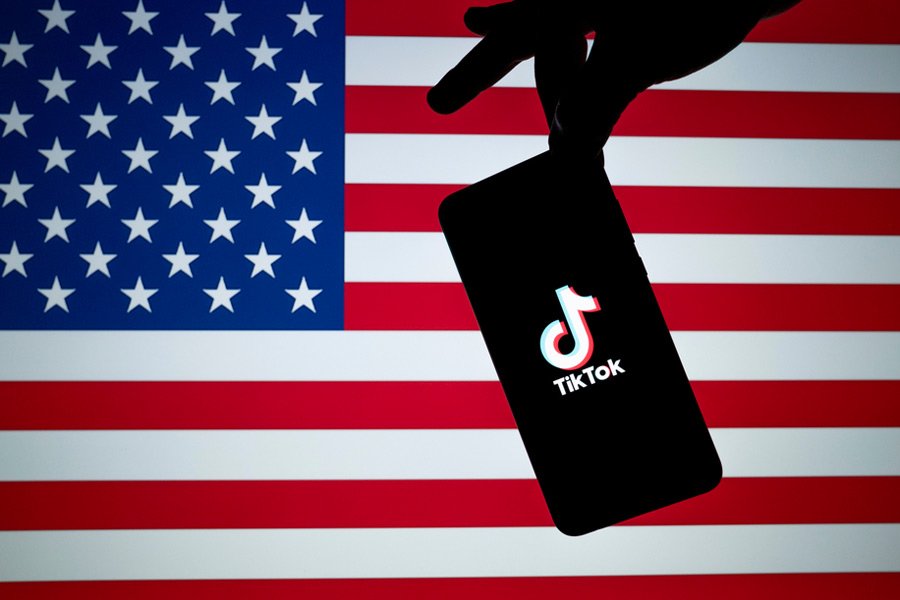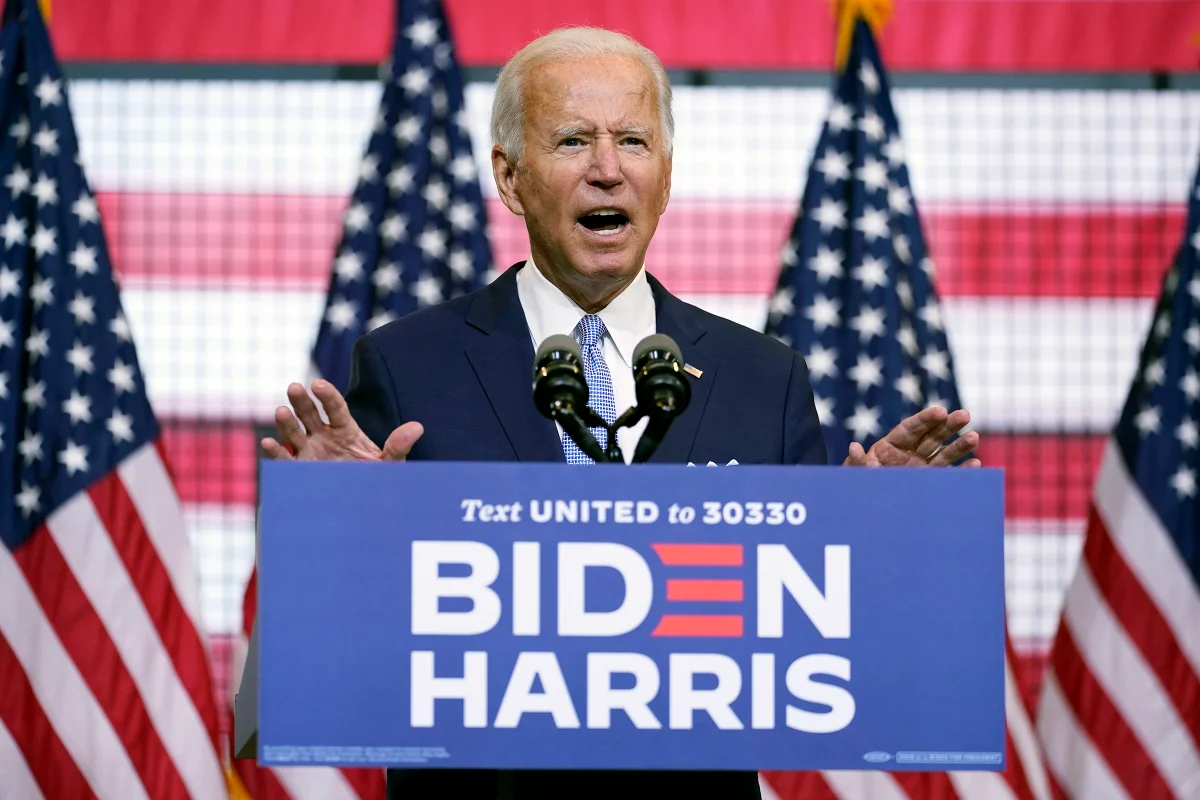The decision of the Biden campaign to join the short-video app TikTok has raised concerns for Democratic Senator Mark Warner, who chairs the Senate Intelligence Committee. He expressed his worry regarding the national security implications of TikTok, which is owned by a Chinese company. Meanwhile, the White House stated that there have been no alterations in the government’s concerns regarding national security.

Warner expressed his belief that it is crucial for us to discover a method to emulate India’s decision to ban TikTok. He shared his concern about the potential confusion caused by sending conflicting messages. Meanwhile, the White House emphasized that the ban on TikTok usage on government devices, which was sanctioned by Congress in late 2022, is still enforced.
Decision of the Biden campaign
In the intricate dance between national security and digital innovation, the specter of TikTok continues to cast its shadow over the corridors of power, igniting a discourse at the intersection of technology and geopolitics. The gravity of the matter is underscored by the pronouncements of John Kirby, the White House spokesperson, who reiterates the persistent national security concerns associated with the use of TikTok on government devices.
The policy stance from the National Security Council remains unwavering, maintaining a stance that mirrors the cautionary notes sounded in the past. The potential vulnerabilities posed by the Chinese-owned app on government devices have long been a cause for apprehension, fueling discussions about safeguarding sensitive information and mitigating potential risks.
However, despite the unequivocal demand issued by the U.S. Treasury-led Committee on Foreign Investment in the United States (CFIUS) in March 2023, urging TikTok’s Chinese owners to divest their shares or face the specter of an outright ban, the administrative wheels have yet to set significant measures into motion. This delay raises eyebrows and prompts scrutiny into the complexities surrounding the intersection of commerce, diplomacy, and security.

The lingering impasse leaves a critical question hanging in the air: how will the administration reconcile the imperative to safeguard national security with the intricate web of economic considerations and global trade dynamics? The challenge lies not only in navigating the nuanced landscape of tech governance but also in preserving the delicate balance between technological innovation and the safeguarding of vital interests.
While the inertia persists, the discourse surrounding TikTok illuminates the broader conundrum facing nations in the digital age: how to harmonize the unrestricted flow of information and technological innovation with the imperative to protect national security interests. The stakes are high, not only for the United States but for any nation seeking to navigate the complex terrain of globalized technology while safeguarding its own sovereign interests.
In this evolving narrative, the fate of TikTok stands as a symbol, emblematic of the intricate challenges that arise when the worlds of technology, diplomacy, and national security converge. As the geopolitical chessboard continues to shift, the trajectory of TikTok within the United States serves as a case study, capturing the intricate dynamics and competing interests that define the intersection of technology and statecraft in our interconnected world.
Karine Jean-Pierre, the White House press secretary, stated on Monday that the ongoing review by CFIUS was emphasized, highlighting the previous endorsement by the White House of legislation introduced by Warner and other officials. This legislation aims to equip the administration with new tools to effectively tackle the threats presented by foreign-owned apps.

In order to ensure security, the Biden campaign announced on Sunday that they have implemented advanced safety measures for their devices and incorporated a sophisticated security protocol.
According to the American Presidency Project at the University of California Santa Barbara, Jean-Pierre stated that Biden’s reduced number of press conferences compared to his predecessors can be partially attributed to his focus on exploring new media. In his first three years, Biden held 33 press conferences, while Obama held 66 and Trump held 52 during the same time period.
